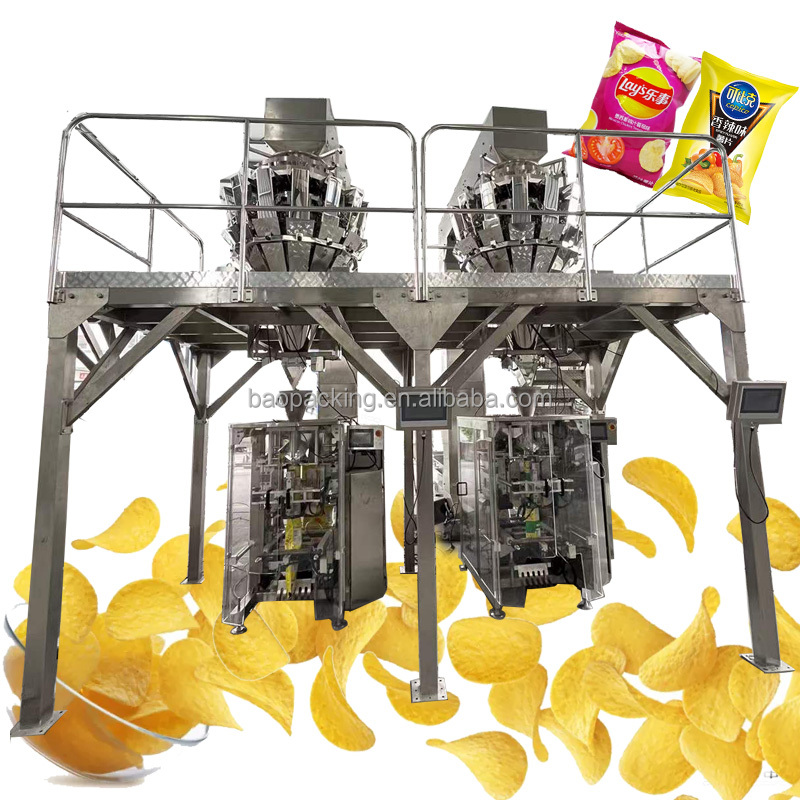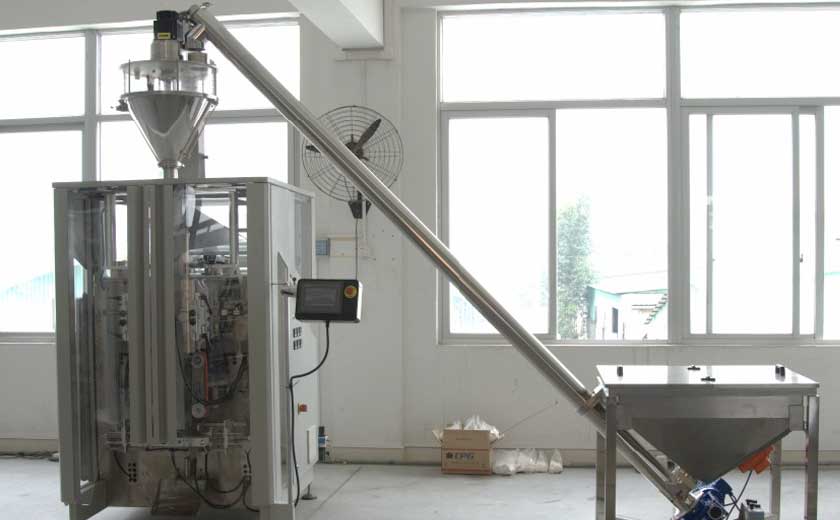The Impact of Automation on Flow Wrapping Efficiency
The Impact of Automation on Flow Wrapping Efficiency: A Revolution in Packaging
Introduction:
In today’s fast-paced manufacturing landscape, efficiency is paramount. Automation has emerged as a game-changer in the packaging industry, revolutionizing flow wrapping processes and unlocking unprecedented levels of productivity.
Increased Productivity and Speed:
One of the most significant impacts of automation is the dramatic increase in productivity and speed. Automated flow wrappers can operate at high rates, consistently and tirelessly, reducing cycle times and increasing overall production capacity. By eliminating manual labor and repetitive tasks, machines can handle a larger volume of products with precision and accuracy.
Improved Quality and Consistency:
Automation ensures consistent product quality by eliminating human error. Automated flow wrappers use precise measurements and advanced control systems to maintain optimal packaging parameters, such as wrap tension, sealing temperature, and product orientation. This consistency translates to higher-quality products, reduced waste, and increased customer satisfaction.
Reduced Labor Costs and Expenses:
With automation, manufacturers can significantly reduce labor costs associated with flow wrapping. Automated systems require minimal human intervention, freeing up personnel for other value-added tasks. This reduction in labor also leads to lower overhead expenses, resulting in improved profitability.
Enhanced Flexibility and Adaptability:
Modern automated flow wrappers offer remarkable flexibility, enabling manufacturers to quickly adapt to changing product sizes, shapes, and packaging requirements. By programming different product profiles, machines can seamlessly switch between multiple packaging configurations, reducing downtime and increasing overall agility.
Data Collection and Analytics:
Automation enables comprehensive data collection and analytics. Automated systems can track production metrics, identify bottlenecks, and optimize performance. This data-driven approach allows manufacturers to gain valuable insights, make informed decisions, and continuously improve efficiency.
:
The impact of automation on flow wrapping efficiency is undeniable. By increasing productivity, improving quality, reducing costs, enhancing flexibility, and providing data-driven insights, automated flow wrappers empower manufacturers to achieve unprecedented levels of efficiency and competitive advantage. As the packaging industry continues to evolve, automation will remain an indispensable tool for unlocking the full potential of flow wrapping processes.
-

Overview of Packaging Machine Buying Guides
08-01-2024 -

How Does a Vertical Form Fill Seal Machine Work?
30-10-2023 -

Advancements in Auger Powder Filling Technology
27-10-2023 -

A Deep Dive into Automatic Packaging Machines
26-10-2023 -

The Revolutionary Fully Automatic Potato Chips Packaging Machine
20-09-2023 -

How to choose the right packaging machine?
23-08-2023 -

Reducing Waste And Maximizing Yield With Multihead Weigher Machines
15-03-2023 -

Nuts Packaging Machine for Dry Products Perservation
26-11-2022 -

Is Automated Biscuit Packaging Machine Better Than Manual Opeartion?
25-11-2022





